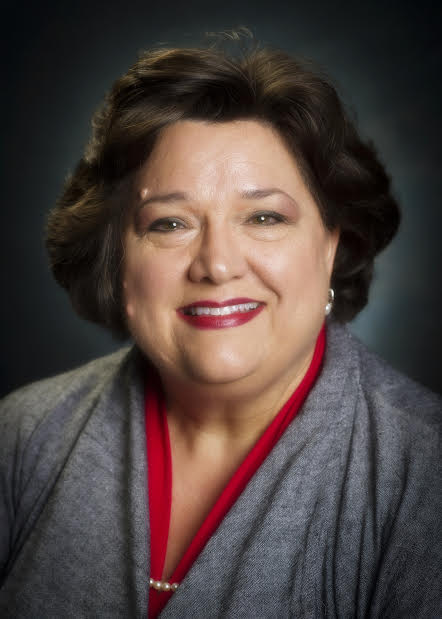In collaboration with CHIME, Becker's Hospital Review's "Life of a Healthcare CIO" series features leading hospital and health system CIOs from across the country who are sharing their experiences, best practices and challenges.
To recommend a CIO to be featured in this series, please contact Ellie Rizzo (erizzo@beckershealthcare.com).
An interview with Joan Hicks, CIO of University of Alabama Birmingham Health System, edited for length and clarity.
Question: You've been CIO at UAB Health System for 10 years now. How has the role of CIO changed during your career?
Joan Hicks: In 2004 when I accepted the position of CIO, we had just implemented a new laboratory, radiology, surgical and emergency department information system, and we needed to replace our soon-to-be-sunset order entry, pharmacy and ancillary documentation information systems. Now, it's more about refining and leveraging our current platform to optimize the EHR functionality. Our focus is now, "How do you take advantage of what it's taken us a decade to implement?"
In addition to continually adding enhancing functionality, we continue to purchase and implement more focused systems. For example, we are implementing a clinical research system that leverages the EHR to support documentation and billing of clinical research studies. The new system will allow us to build research protocols in the system and drives billing from the clinical record, which streamlines the billing process for clinical research studies. Additionally, there is a prescreening functionality which, with appropriate permissions, can scan the clinical database for identification of potential research candidates against the protocol.
We are in process of evaluating replacement systems for patient scheduling, registration and patient financial systems. One of our primary objectives for the replacement is to implement systems that are integrated with the existing clinical systems to support charge capture derived from the clinical documentation, with the thought that the clinical systems are directly linked to facility and professional fees.
Q: At your time at UAB, what has been your biggest accomplishment?
JH: There have been many accomplishments achieved by the Health System Information Services team, including HIMSS Stage 6 for both inpatient and outpatient settings. There are 145 clinics included, which is a huge accomplishment. Also, University Hospital and over 700 of our eligible providers have attested for Meaningful Use Stage 1, Years 1 and 2. We are in the process attesting for Stage 2, Year 1.
Our next planned objective is for all clinical documentation to occur within the EHR by the end of January 2015.
Q: What do you see as your biggest mistake or misstep?
JH: Not being more insistent about the type and number of staff required to functionally support the ambulatory EHR. To ensure physician adoption of the EHR, a different support staff is critical. This is one of my biggest regrets.
Q: In the past month or so, which project has taken the majority of your time?
JH: Completing the rollout of the EHR to the remaining hospital-based clinics for documentation and orders. This will provide for all clinical information to be in one system.
Q: What is the biggest challenge you're facing right now?
JH: Demand management is our biggest challenge: Addressing the ever-increasing number of health IT requests, with the double-digit turnover rate of the IT staff and managing the expectations of the clinicians and staff members we support is challenging.
Q: What is one lesson you've learned during your career you'd like to share with other CIOs?
JH: Develop, obtain buy-in and put into practice IT principles that you use for decision-making. Prior to any system decisions being made, the proposed solutions are validated against the Health System IT Principles. Document the "why" you are doing what you are doing, what problem you are trying to solve and how you will go forward. If I follow this formula, I don't second-guess decisions.
There are only two things over which I have control, what I do and what I say.
More articles on health IT:
Search functions main EHR pain point for clinicians
